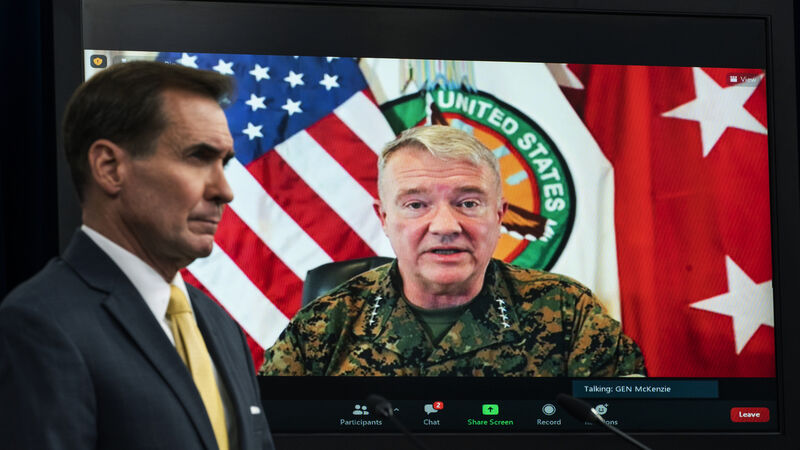Pentagon admits deadly Kabul drone strike was an error

The Pentagon has retreated from its defence of a drone strike that killed multiple civilians in Afghanistan last month, announcing an internal review revealed that only civilians were killed in the attack, not an Islamic State extremist as first believed.
“The strike was a tragic mistake,” Marine Gen Frank McKenzie, head of US Central Command, told a Pentagon news conference.











